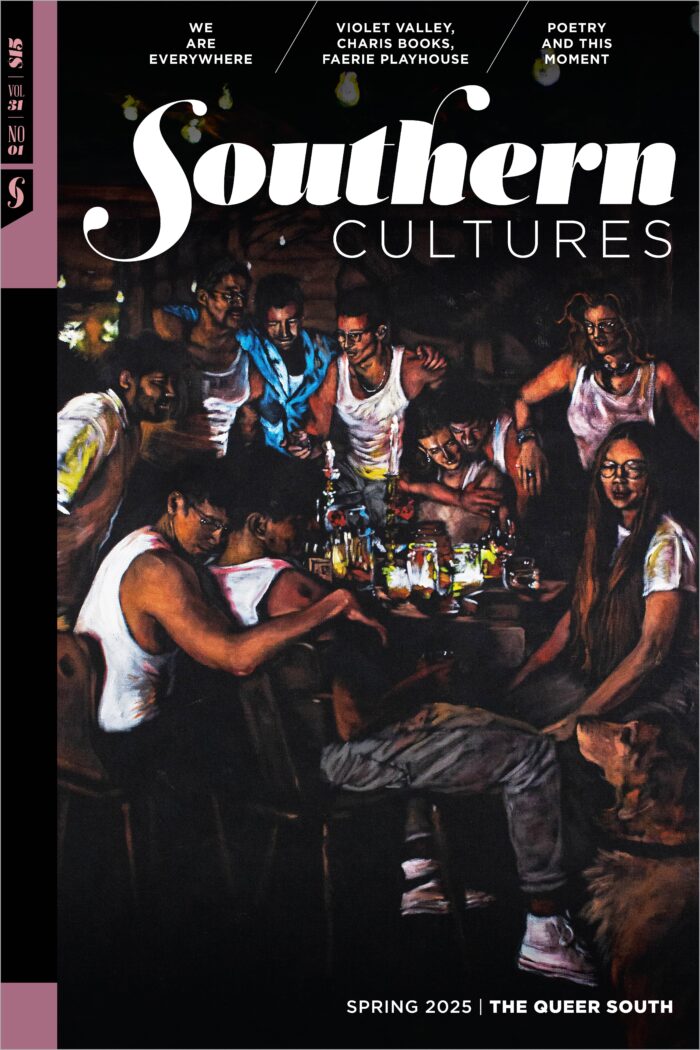Linda Tate has noted, with a touch of hyperbole, that “[t]raditionally, southern literature has been understood to be that written by white men and, on rare occasions, by white women—and, in almost all cases, by and about white southerners of the upper middle class.” As recently as 1988, another critic claimed, albeit incorrectly, that Harry Crews “is absolutely unique among Southern writers in that he writes about life from the perspective of the poor white. He writes from within the class, not by observing it from without, the traditional perspective of white Southern writers.” That same year, however, marked the emergence of three new voices who join Crews in writing about southern poor whites from within the class. Dorothy Allison, Larry Brown, and Tim McLaurin all published their first books of fiction: Trash, Facing the Music, and The Acorn Plan, respectively. In these and subsequent works, all three authors write about lower-class characters whose background they share. They were born in and write about the Rough South, a term coined by documentary filmmaker Gary Hawkins and more commonly referred to as the world of the redneck or white trash. In the public imagination, and arguably in reality, it is a world of excess—excessive alcohol, excessive sex, excessive violence. It is also a world that until recently has lacked its own recognized storytellers. This new generation of southern writers is giving voice to a different group of southerners, and in doing so it is forcing its readers to reexamine long-held stereotypes and beliefs while challenging the literary roles traditionally assigned poor whites.
This is an abstract. Read the full article for free on Project Muse.


